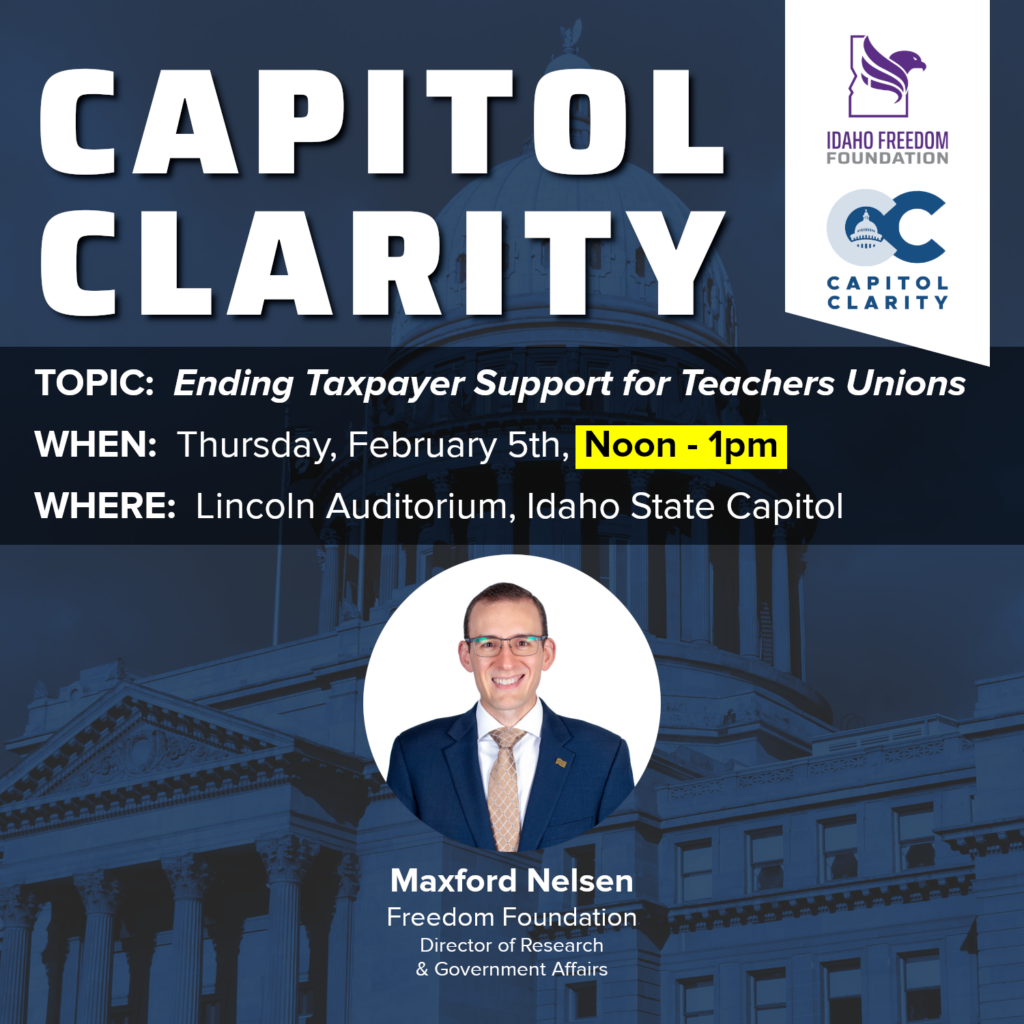
Boise State President Bob Kustra and University of Idaho President Duane Nellis are very concerned with what Nellis calls “challenging times” in higher education funding in Idaho.
The two presidents met with members of the media at the Associated Press Legislative Preview Thursday to discuss the impact of state budget cutbacks on the two universities. Both men expressed alarm over the cuts, with Kustra saying “It would be hard to imagine making Boise State operate” if any more cuts are enacted.
Kustra was particularly adamant about the effect the budget cuts are having on the progress of BSU’s educational advancement. He said that while certain degrees and programs which existed ten or fifteen years ago aren’t being offered any longer, the budget constraints are preventing the school from offering more advanced degrees for students. He said in order to serve the economy, the university wants and needs to offer new programs, including Doctorates degree in Bio-Molecular Science and Material Science Engineering, and a new Master’s degree in Economics, but can’t because of budget constraints.
“The reason we don’t have those new products for our students...because of the state of the economy, and the cuts we have taken at Boise State,” said Kustra. “So almost of our programming is on hold at Boise State when it comes to new degrees, new programs, and new offerings. He also said there are “second generation” technology companies in the state waiting for educated talent, but the university, in its current condition, is “not able” to provide that.
The BSU President also expressed concern over how budget holdbacks will affect the students of the university. Due to cuts in recent years, BSU, which receives approximately 22% of its budget from the state, relies on tuition to pay about 43% of expenses, up from 24% in 2001. That number is expected to increase in upcoming years.
“As that tuition rises, we start losing students in the lower socio-economic rings of the ladder,” explained Kustra. “That’s particularly scary when public higher education, which is always considered a public good, is no longer a public good, it has become a private good for those fortunate enough to afford it.”
Nellis echoed similar sentiments about the viability of the U of I, which, through the holdback process over the last year, has had to cut $20 million from its budget. It has also eliminated or consolidated 35 different university programs, with more program changes to come. In an effort to save money, travel budgets for faculty to conduct research and collaboration among other educators have been reduced, which, Nellis believes, can “limit” the university.
“I worry about the strain these cutbacks are having on our faculty and staff as we try to move forward as an institution,” said Nellis. “We are asking them to do more with less.” According to Nellis, the university had a record-high number of freshman and transfer students attend last year.
Nellis also agreed with Kustra about the important role education has served and will serve in the future of the state and the country.
“One of the reasons we are a premier country…is the investment we’ve made primarily in public education,” said Nellis. He agreed it is concerning that “China and India are spending billions while U.S. is disinvesting” in public education and reminded that “we need to keep in mind the economic investment value.”
Nellis stressed that public education isn’t really a cost, but “it’s an investment” and claimed that the state universities “return a significant amount of dollars on that investment.”
Nellis knows his university faces a tough road ahead, but he wants the public and the state government to know what the people’s priorities should be.
“These are extremely challenging times,” said Nellis, speaking of the current economic conditions. “But somehow we need to get the message out of how important protecting higher education is.”



